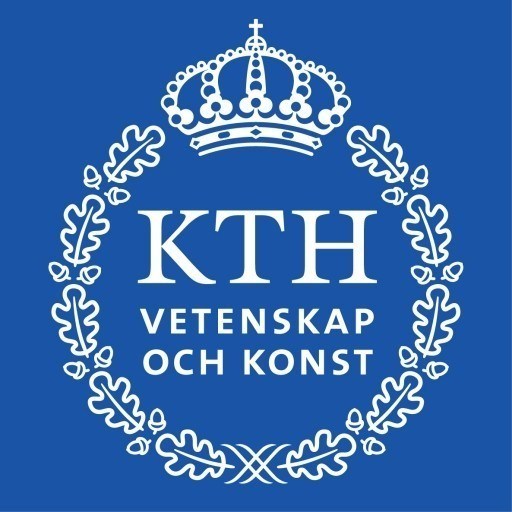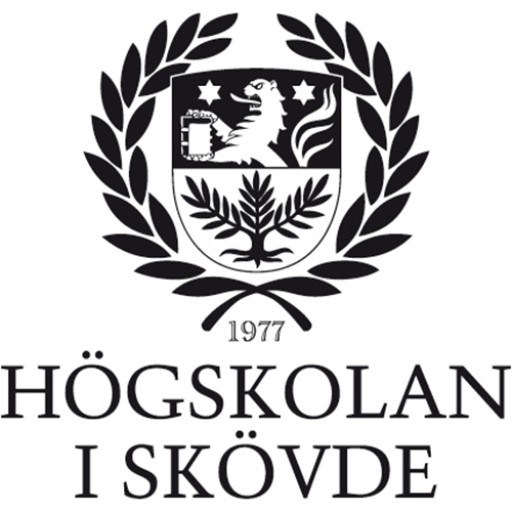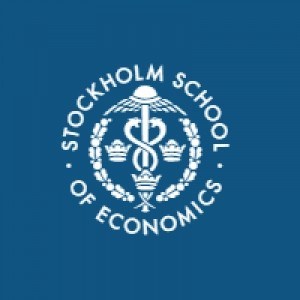Photos of university
The Bachelor's Program in Information and Communication Technology at KTH Royal Institute of Technology offers a comprehensive education designed to prepare students for a wide range of professional roles within the rapidly evolving field of ICT. The program provides a solid foundation in computer science, electronics, and communication technologies, combining theoretical knowledge with practical skills. Throughout the program, students will engage with core subjects such as programming, algorithms, data structures, hardware, networks, and digital systems, while also exploring advanced topics like cybersecurity, software engineering, cloud computing, and artificial intelligence.
The curriculum emphasizes problem-solving, innovation, and teamwork, encouraging students to develop critical thinking and analytical skills essential for designing, developing, and maintaining complex ICT systems. Students have access to state-of-the-art laboratories and modern facilities, allowing them to work on real-world projects and collaborate with industry partners. The program also offers opportunities for internships, exchange semesters, and thesis work, enabling students to gain valuable industry experience and forge professional networks.
Graduates of the program are well-equipped to pursue careers in software development, network administration, system analysis, or project management within the ICT sector. Many alumni also continue their studies at master’s level to specialize further or engage in research activities. The program is taught in English and attracts a diverse student body from around the world, fostering an international academic environment. With a strong emphasis on innovation and technological advancement, the Bachelor's Program in Information and Communication Technology at KTH prepares students to meet the challenges of a digitalized world and contribute to technological development in a variety of industries.
Year 1
The first year of the programme will give you basic knowledge in electronics and computer engineering, software engineering, computer
science and mathematics. These fields create a strong foundation for the rest of the programme which is based mainly on these fields. The first year will also give you an insight into your future profession.
Mandatory courses
- Programming I 7.5 credits
- Digital Design 7.5 credits
- Embedded Electronics 7.5 credits
- Engineering Skills for ICT 7.5 credits
- Computer Hardware Engineering 7.5 credits
- Discrete Mathematics 7.5 credits
- Algebra and Geometry 7.5 credits
- Calculus in One Variable 7.5 credits
- Mathematics, Basic Course 4.5 credits
Year 2
During the second year you will deepen and broaden your knowledge. You will reach an understanding in how products and services within information technology functions, and also gain ability to develop these systems yourself. The knowledge acquired in the first two years is then applied in a project where you choose to either develop a software system or to build an autonomous robot.
Mandatory courses
- Programming II 7.5 credits
- Algorithms and Data Structures 7.5 credits
- Electromagnetism and Waves 7.5 credits
- Engineering Skills for ICT 7.5 credits
- Networks and Communication 7.5 credits
- Modern Software Development 6.0 credits
- Information and Retrieval and Source Criticism 1.5 credits
- Industrial Management, Basic Course 6.0 credits
- Calculus in Several Variable 7.5 credits
Conditionally elective
- Project IT 7.5 credits
- IT Project Course, part 2 7.5 credits
Year 3
Year three offers great freedom in that you get to choose from a broad range of courses in information technology but also in economics, management, law and entrepreneurship. This makes it possible for you to tailor your programme and specialize in areas you find especially interesting.
Mandatory courses
- Sustainable Development, ICT and Innovation 7.5 credits
- Operating Systems 7.5 credits
- Engineering Skills for ICT 7.5 credits
- Probability Theory and Statistics 6.0 credits
Elective courses 21 credits
Degree project 15 credits
Requirements
- A completed upper secondary education including documented proficiency in English corresponding to English B/English 6.
- Documented knowledge in Mathematics and Physics corresponding to Mathematics E/ Mathematics 4 (advanced level of mathematics) and Physics B/ Physics 2 (advanced level of physics). In each of the subjects, applicants must have at least a passing grade.
- Non-EU/EEA/Swiss citizens are generally required to pay an application fee of SEK 900
- IELTS For English 6: an overall mark of 6.5 and no section below 5.5
- TOEFL iBT For English 6: Score of 4.5 (scale 1-6) in written test, total score of 575(Paper-based) or For English 6: Score of 20 (scale 0-30) in written test, total score of 90(Internet-based)
Financing studies at KTH Royal Institute of Technology for the Master's Programme in Information and Communication Technology typically involves a combination of internal funding options, scholarships, and external financial aid. The university offers a range of scholarship opportunities specifically aimed at international students, including the KTH Scholarship, which partially or fully covers tuition fees for tuition-fee paying students. This scholarship is highly competitive and awards students based on academic excellence and motivation. In addition to scholarships, students can explore government grants, external scholarships from their home countries, and private sponsors. It is essential to plan financial resources carefully, considering living expenses in Stockholm, which include accommodation, food, transportation, and personal costs. KTH provides guidance and support services for students seeking financial aid and advises them to start their scholarship applications early, as deadlines are strict. Students may also consider part-time work opportunities available in Stockholm, although these are limited and subject to work permit regulations for non-EU/EEA students. Furthermore, students from certain countries might be eligible for government student loans or financial aid programs, which can supplement their funding. The university's international office offers assistance in understanding visa requirements related to financing and employment. Overall, students are encouraged to explore multiple funding avenues and apply to various scholarship programs to ensure they have adequate financial resources to support their studies throughout the duration of the Master's Programme in Information and Communication Technology, which typically spans two years.
The Master's Programme in Information and Communication Technology at KTH Royal Institute of Technology is a comprehensive and interdisciplinary program designed to equip students with essential skills and knowledge in the field of ICT. This program emphasizes both theoretical foundations and practical applications, preparing graduates for the rapidly evolving digital landscape. Students engage with cutting-edge topics such as computer systems, networks, software engineering, data management, and digital communication strategies. The curriculum is structured to include core courses, project work, and specialization tracks that allow students to tailor their education according to their interests and career goals. Throughout the program, students develop strong problem-solving abilities, analytical skills, and technical expertise, making them highly competitive in the global job market.
KTH's ICT program promotes sustainable development, innovation, and entrepreneurship, fostering a mindset that encourages students to contribute to societal progress through technology. Collaboration with industry partners is a key feature, providing students with opportunities for internships, real-world projects, and network building. The program also offers opportunities for international exchange, enabling students to gain global perspectives and intercultural competence. Graduates from this program are well-prepared for careers in fields such as software development, cybersecurity, telecommunications, system analysis, and research. The program is conducted in English and benefits from KTH’s reputation as a leading technical university in Scandinavia, which provides state-of-the-art labs, research centers, and extensive academic resources. Overall, the Master’s Programme in Information and Communication Technology at KTH aims to develop innovative, knowledgeable, and adaptable professionals ready to design and implement the technology solutions of the future.




